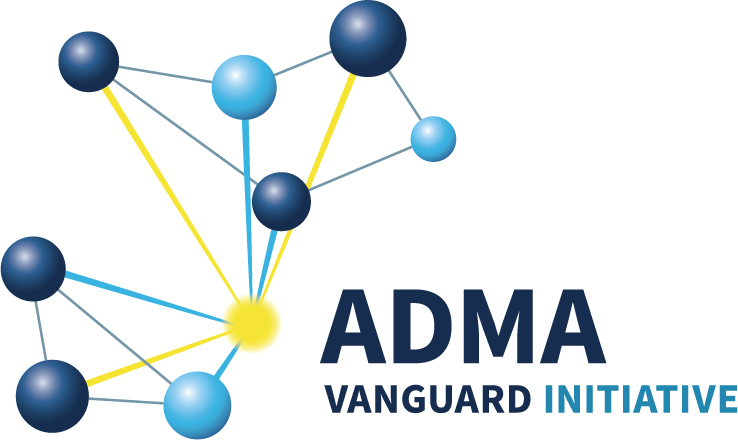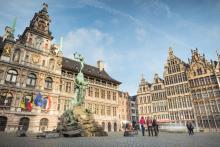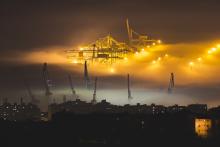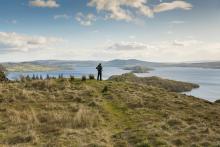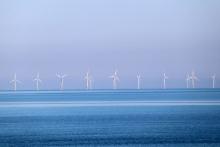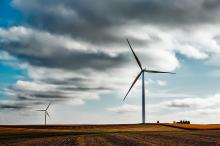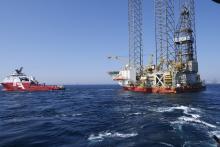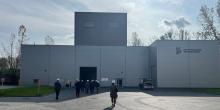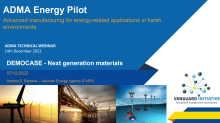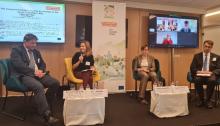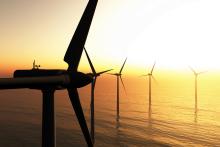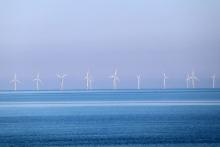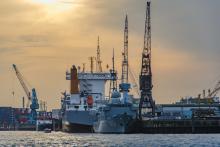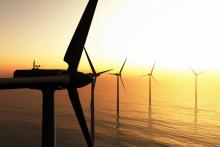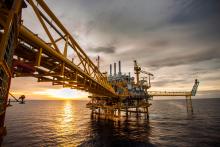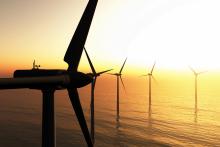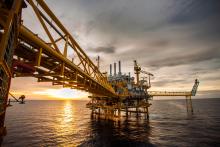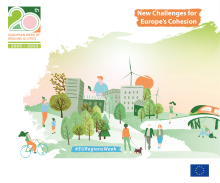About the Pilot
Launched in 2013, the Advanced Manufacturing for Energy Related Applications in Harsh Environments (ADMA) Pilot is an innovation community dedicated to integrating the Blue Sustainable Economy value chain. Led by Emilia-Romagna and Lombardia, ADMA leverages the strategic geographic advantages of its nine Member regions, which possess a specialised ecosystem in offshore technologies, including cluster organisations, research institutions, and an advanced manufacturing base in marine renewable energy and wider offshore energy and subsea applications.
Through research, innovation, and development, ADMA's regions are establishing themselves as global leaders in offshore renewables. By reducing dependence on conventional fossil fuels, offshore renewables enhance energy security, foster sustainable energy systems, attract investments, and drive economic growth and prosperity for the regions.
Activities & Long Term Goals
Europe’s regions pioneering in advancing Offshore Energy Value Chains.
ADMA's regions are dedicated to deepening their knowledge and understanding of the offshore renewables sector. Feasibility studies drive breakthroughs in advanced manufacturing technologies covering design, functionality, integration, automation, materials, and communication for components and systems.
The Pilot supports demo cases to reach commercialisation by facilitating funding access for pilot activities and demonstration projects. Collaboration between larger companies and innovative SMEs stimulates sector growth and strengthens supply chains across Europe, providing new business opportunities and expansion for smaller companies.
Powering Cross-Sector Innovation.
The ADMA Energy Pilot recognises the significance of cross-cutting issues, cross-sectoral knowledge exchange and synergies with other Vanguard Initiative Pilots as well as complementary EU networks and initiatives. One notable connection is with the Hydrogen Pilot.
In a specific demo Case, the ADMA Energy Pilot envisions electricity production, both offshore and onshore, to support the production of green hydrogen. This demonstrates the interconnectedness of renewable energy generation and the potential for offshore energy to contribute to the production of clean hydrogen.
Additionally, ADMA collaborates closely with the VI Nano-enabled Products Pilot, focusing on manufacturing new materials, as those hold immense potential enhancing the performance and durability of offshore energy components and systems.

